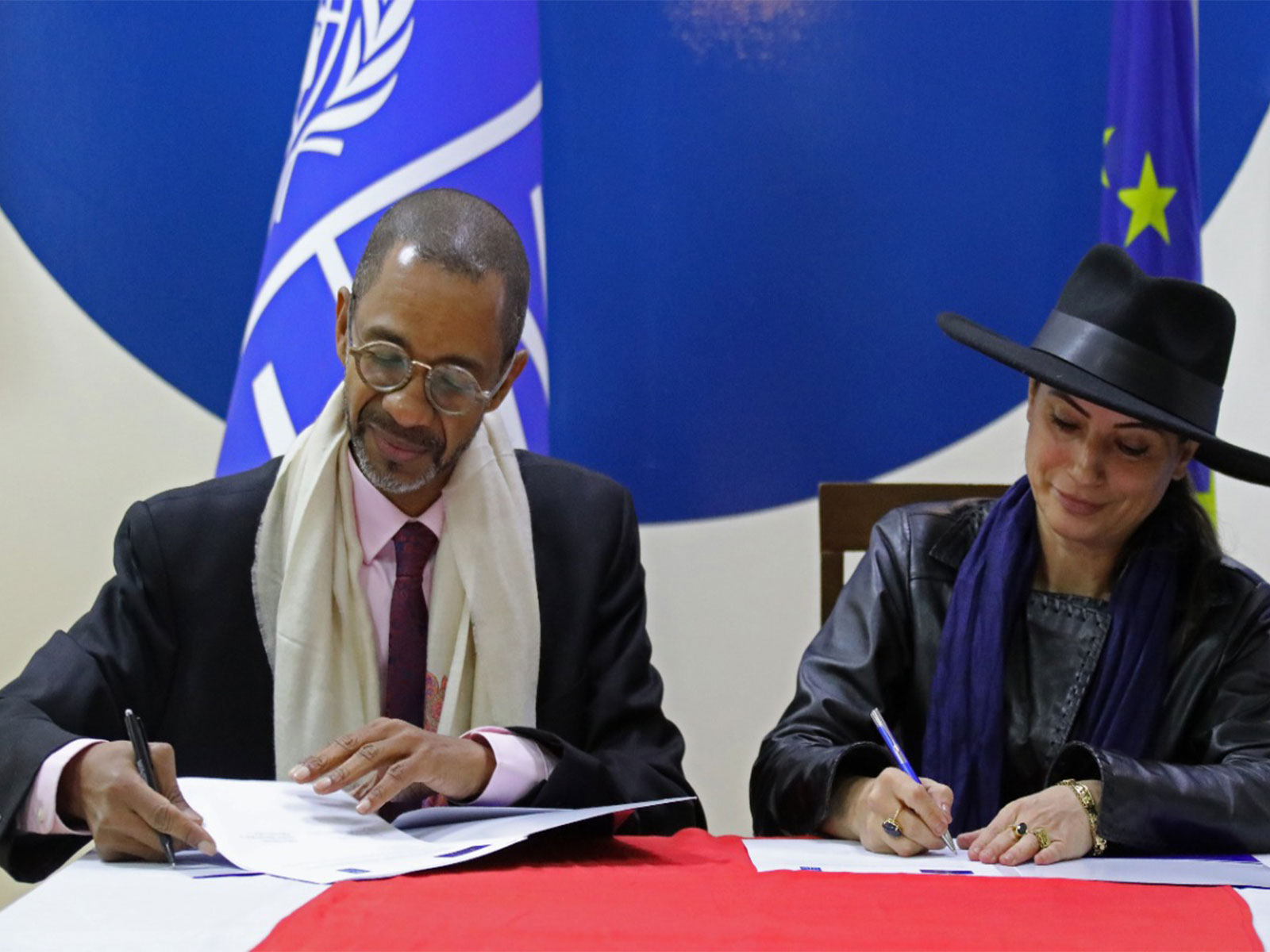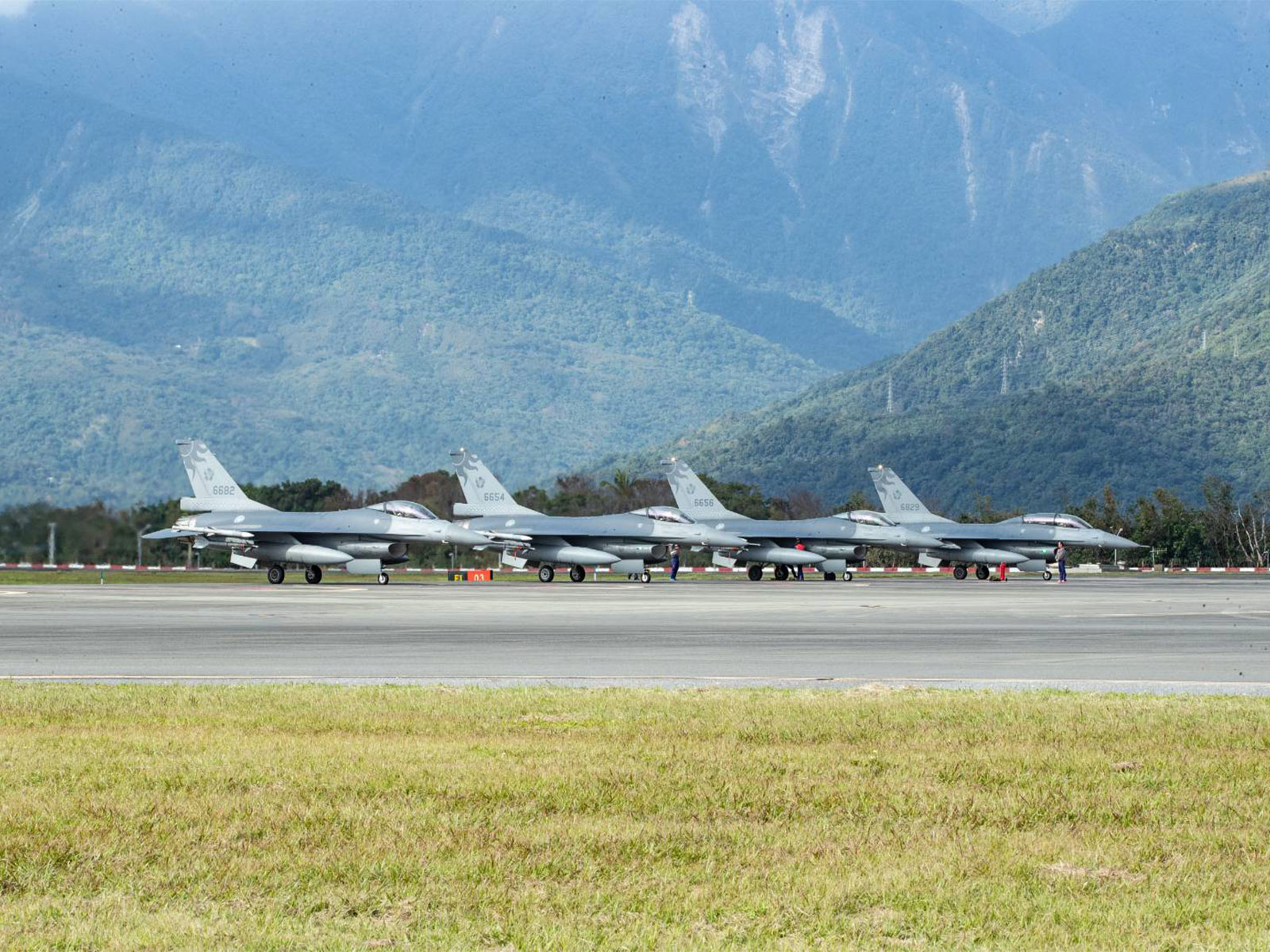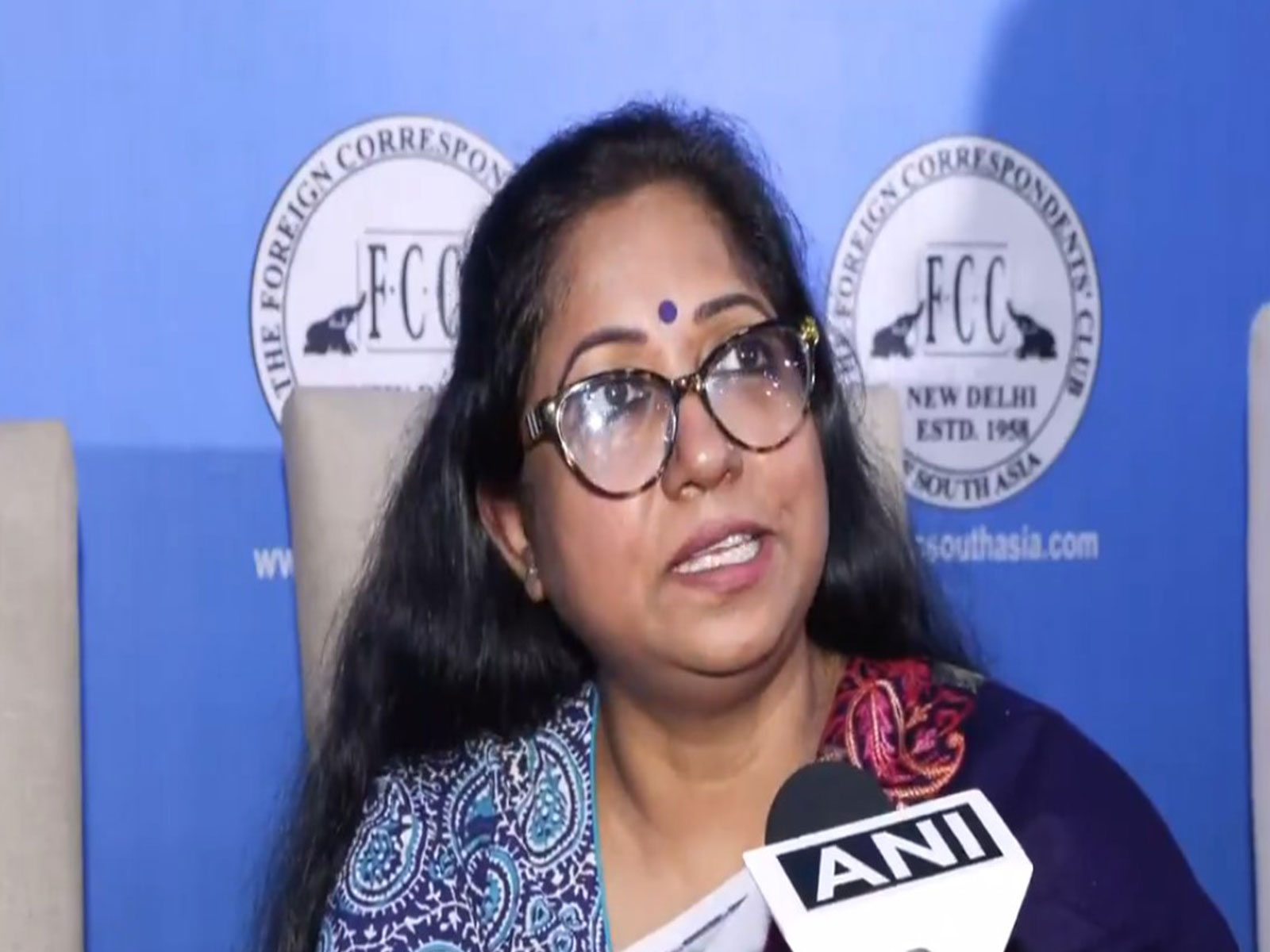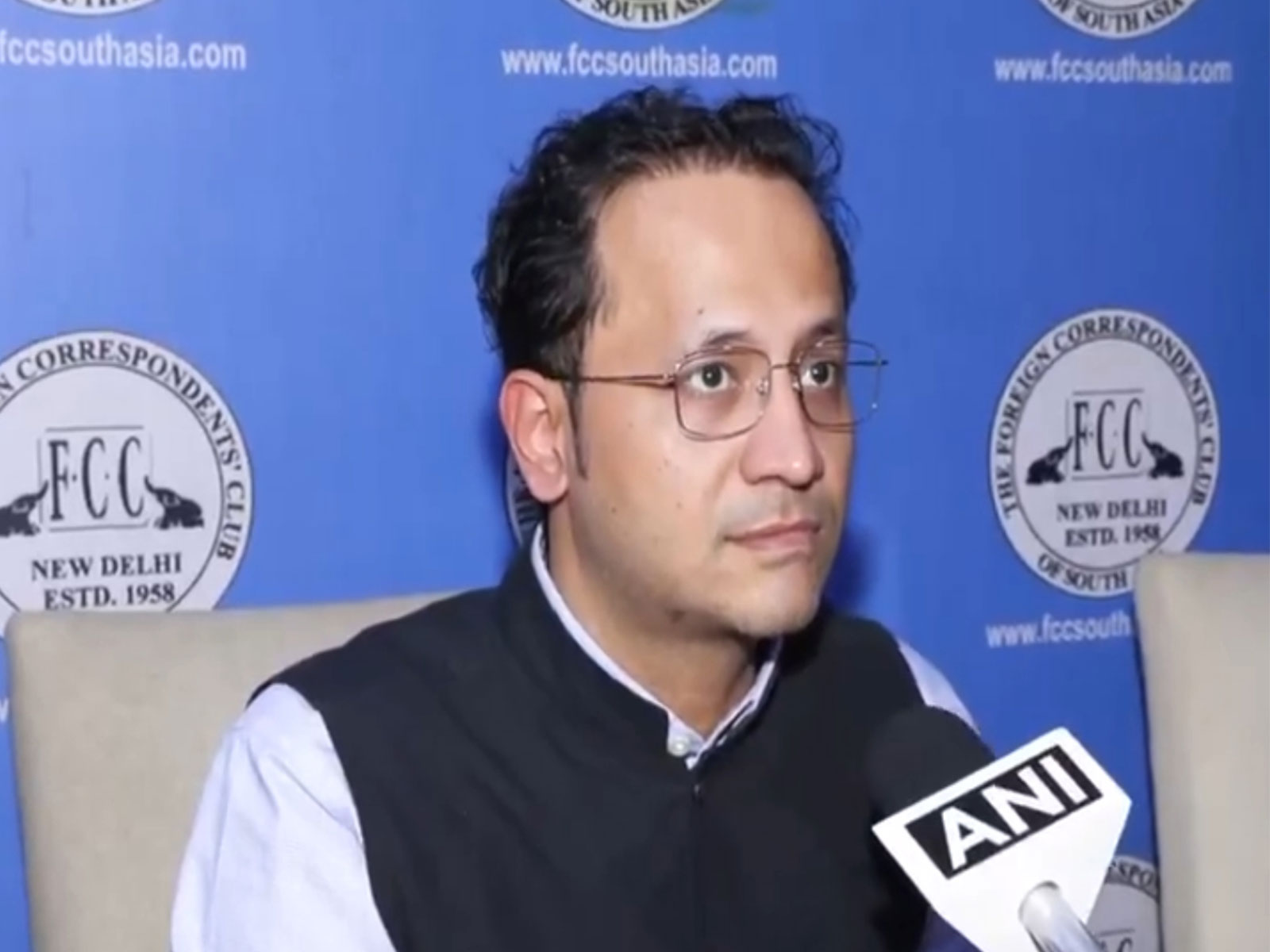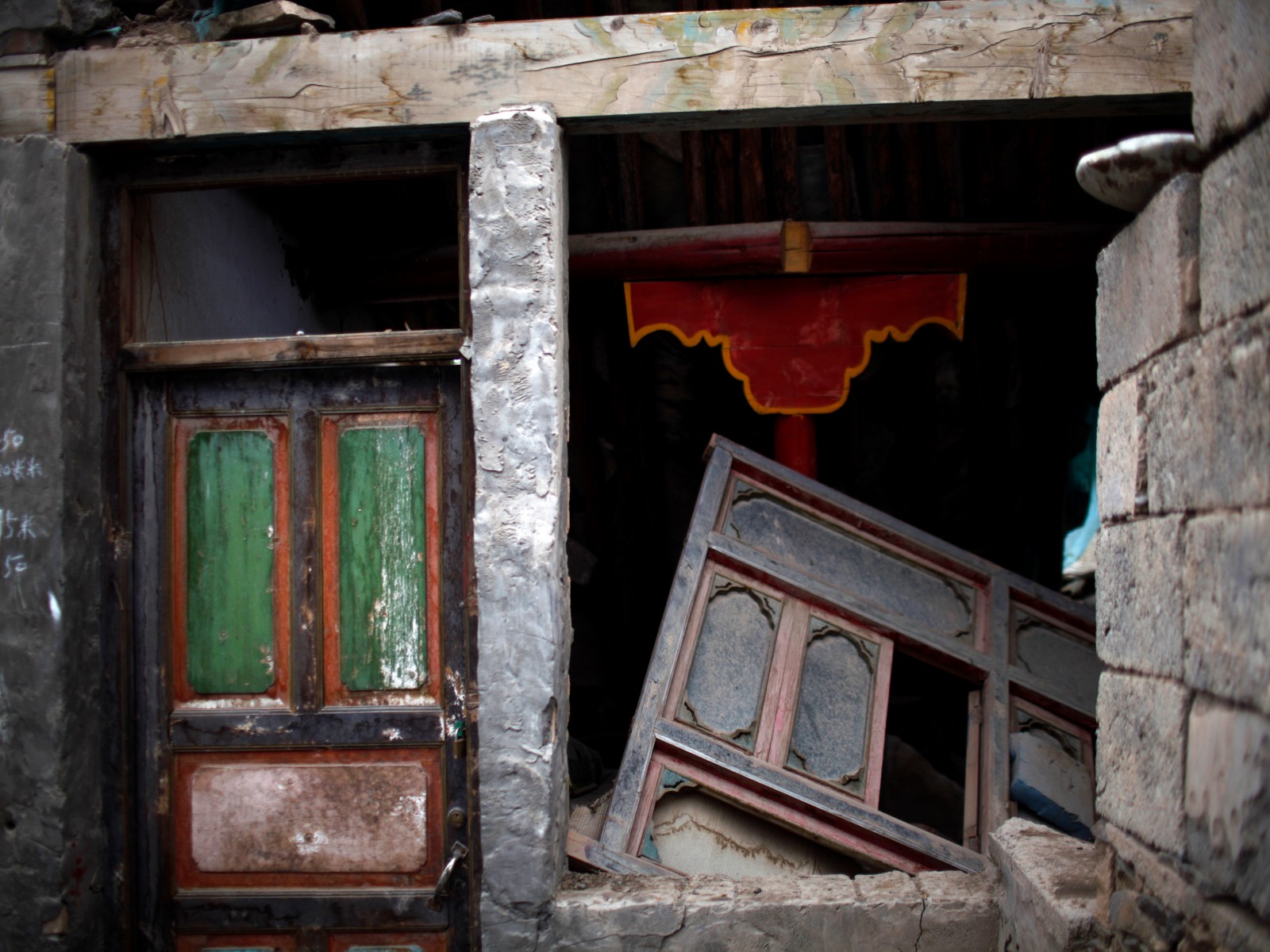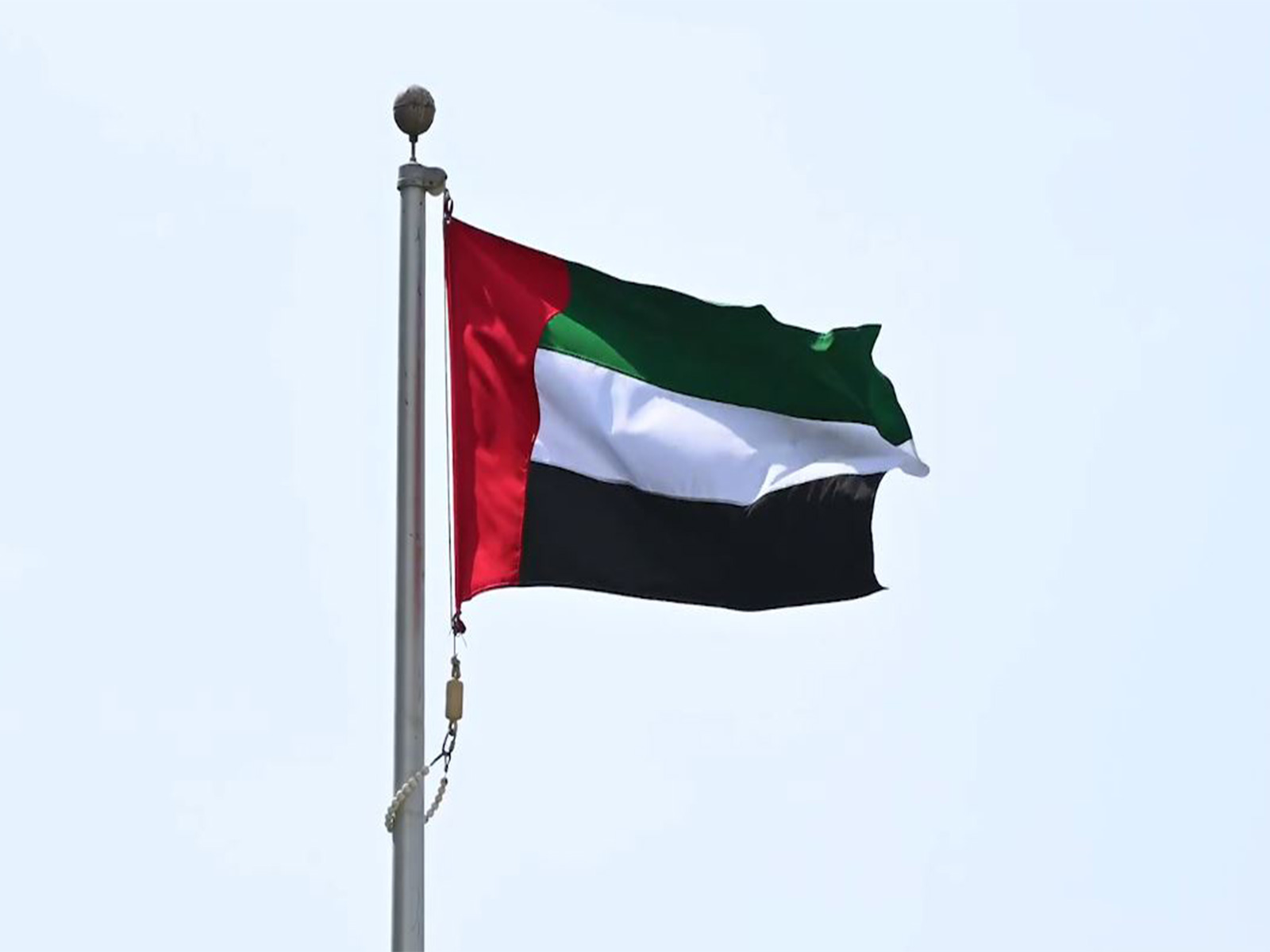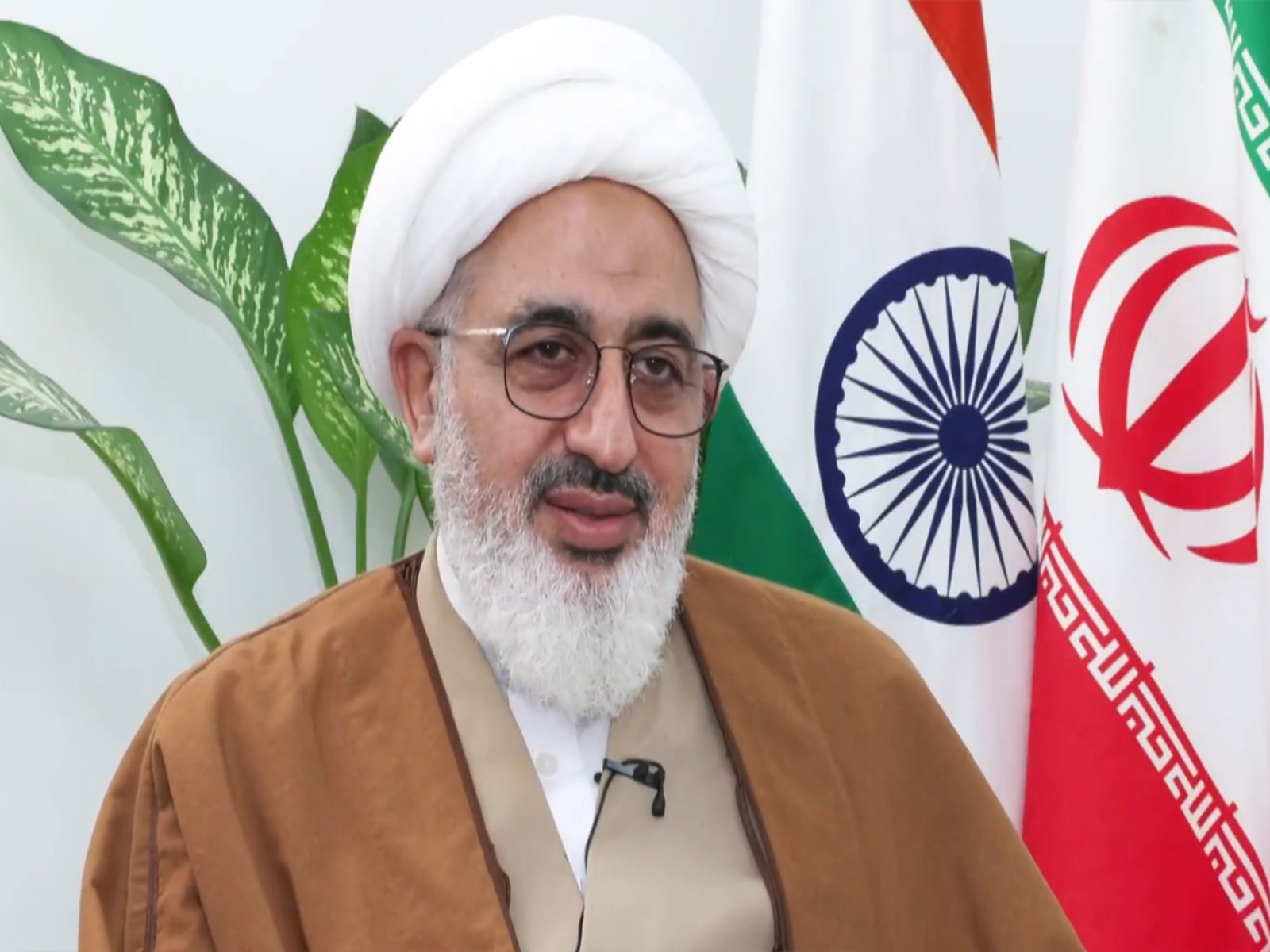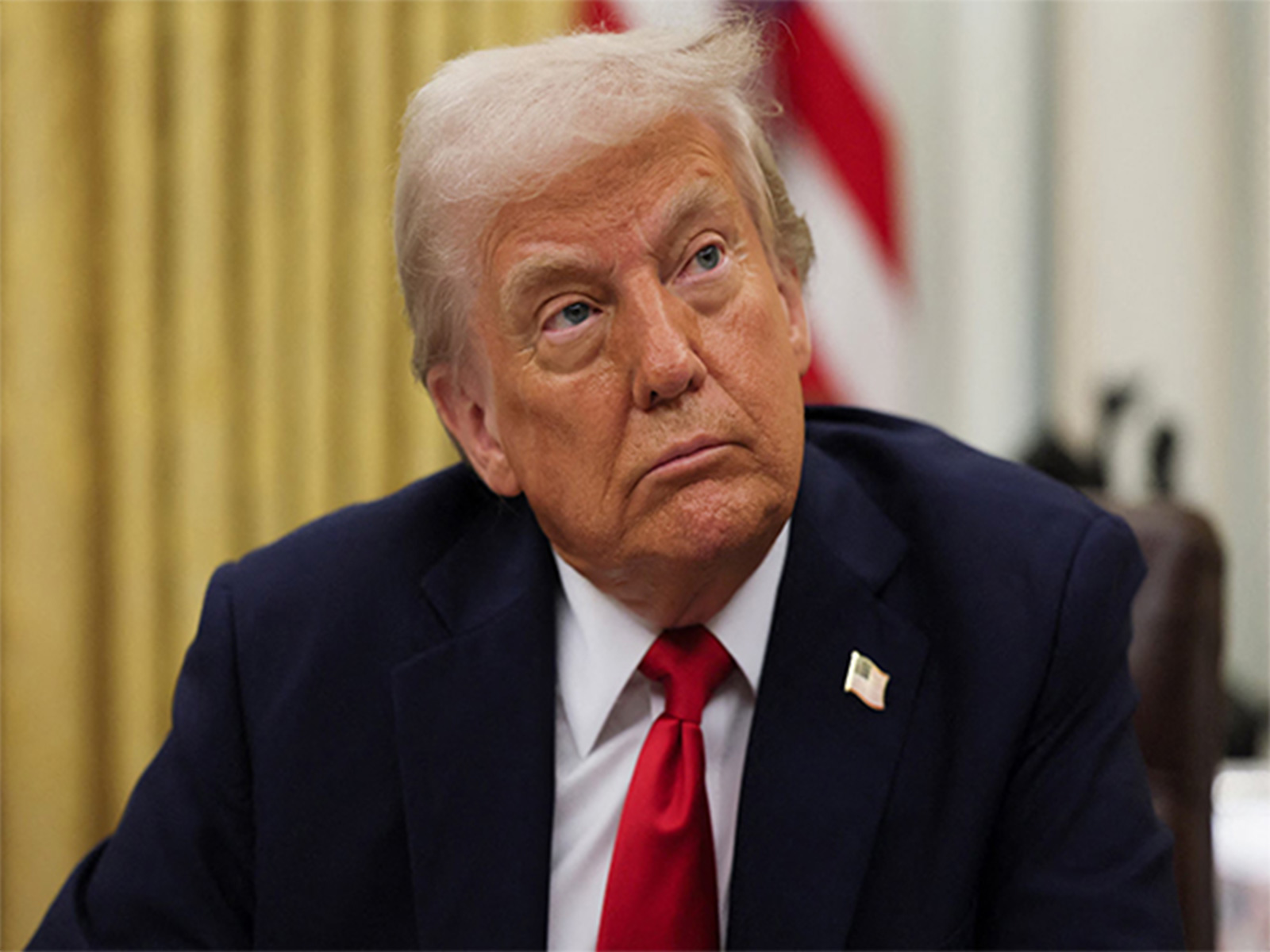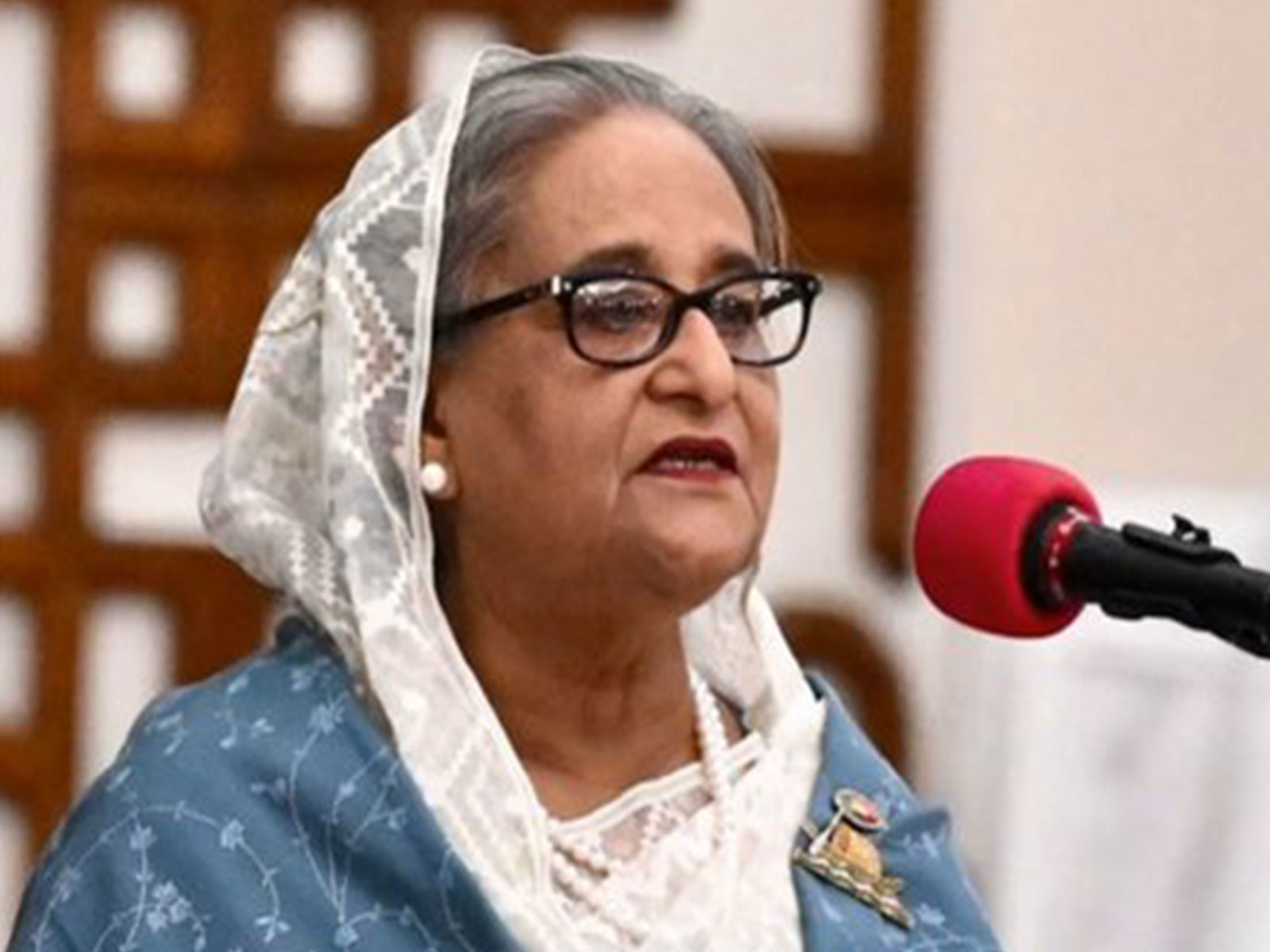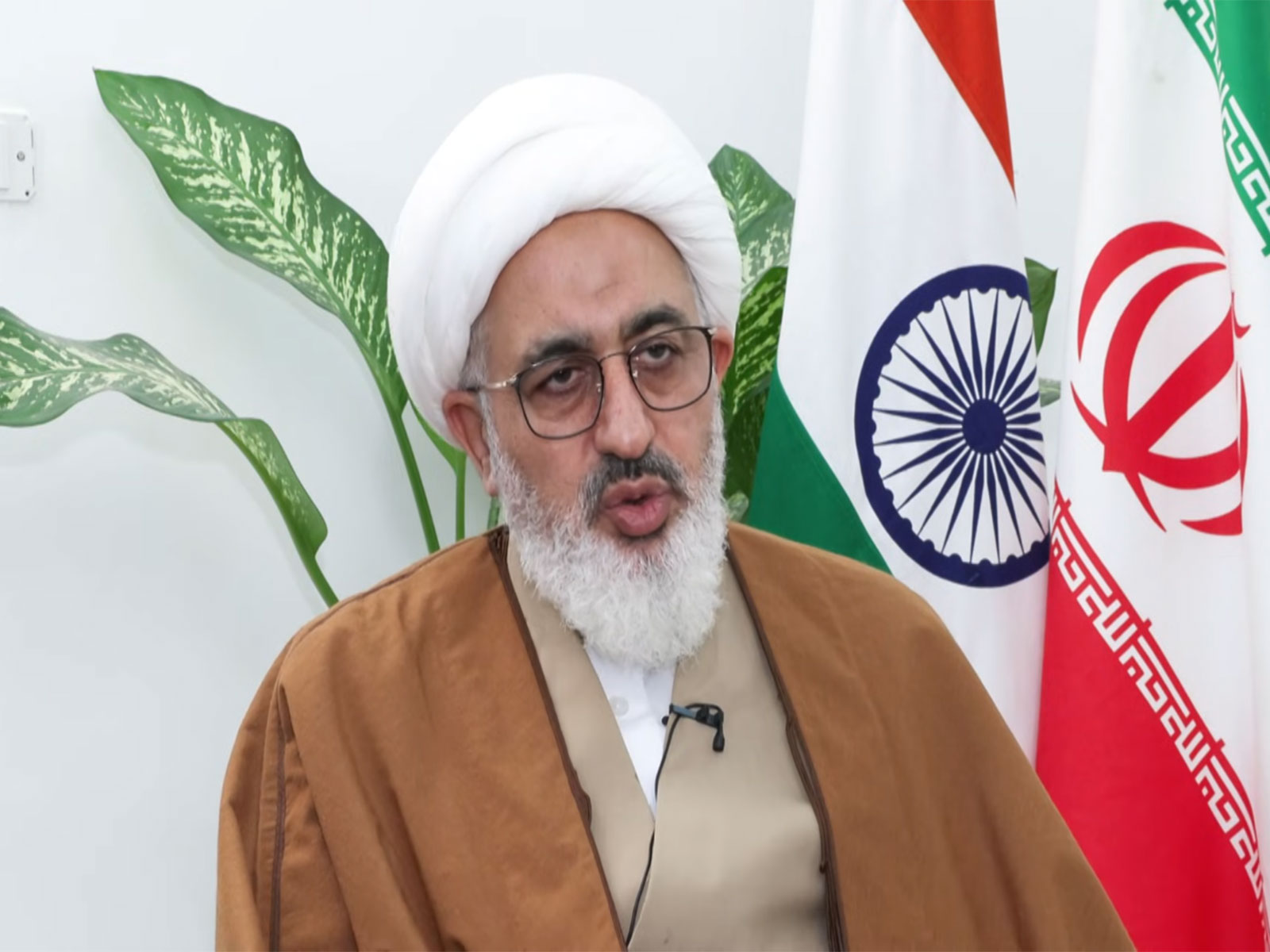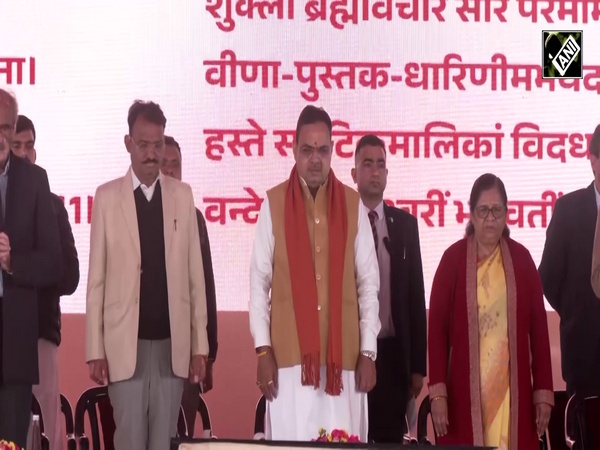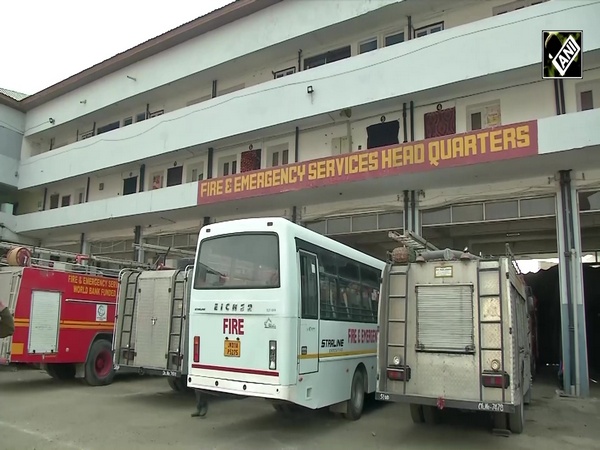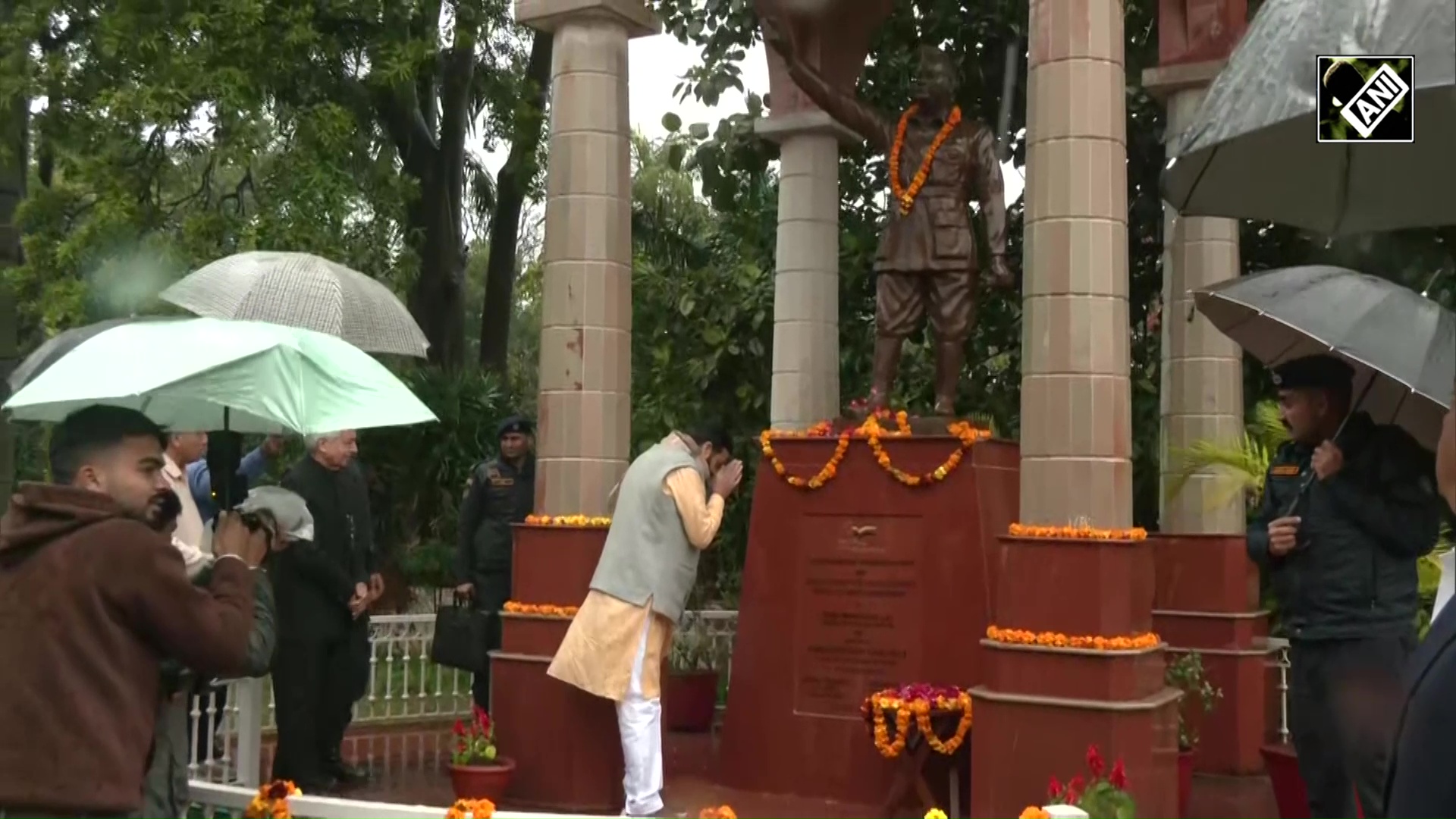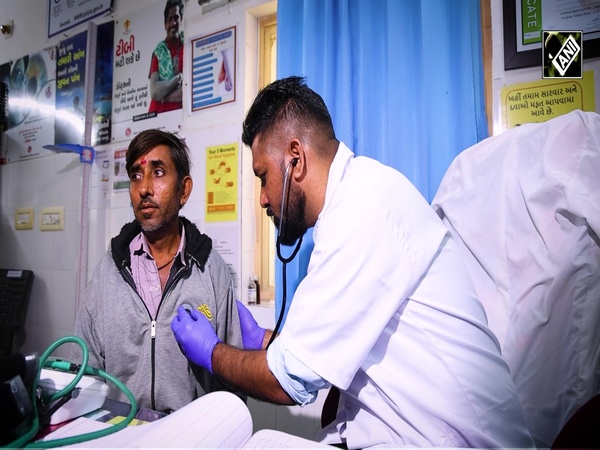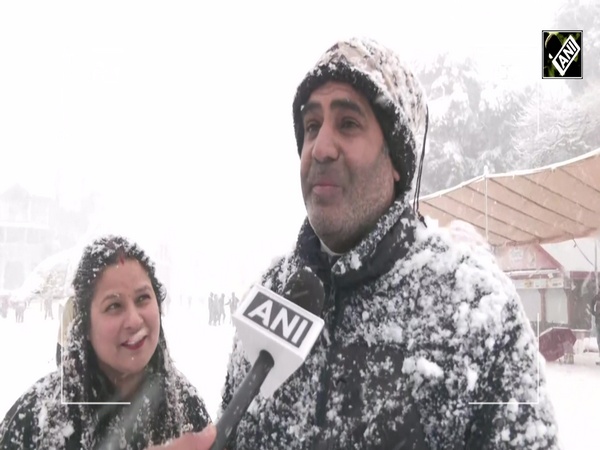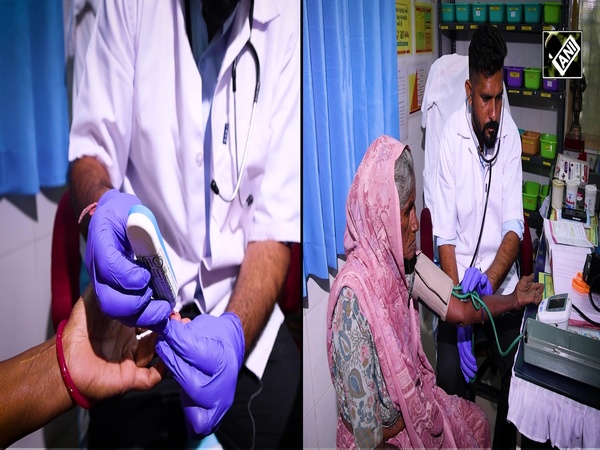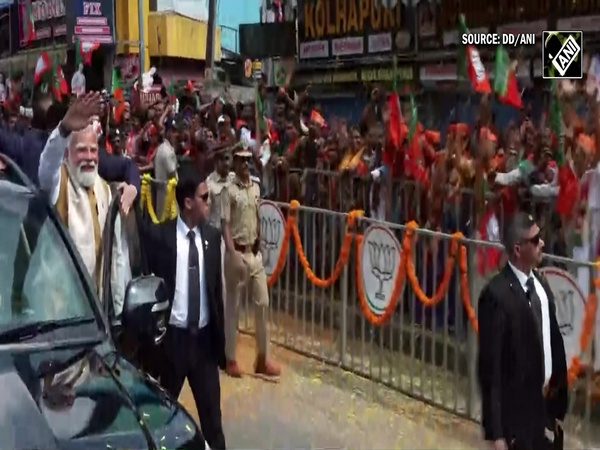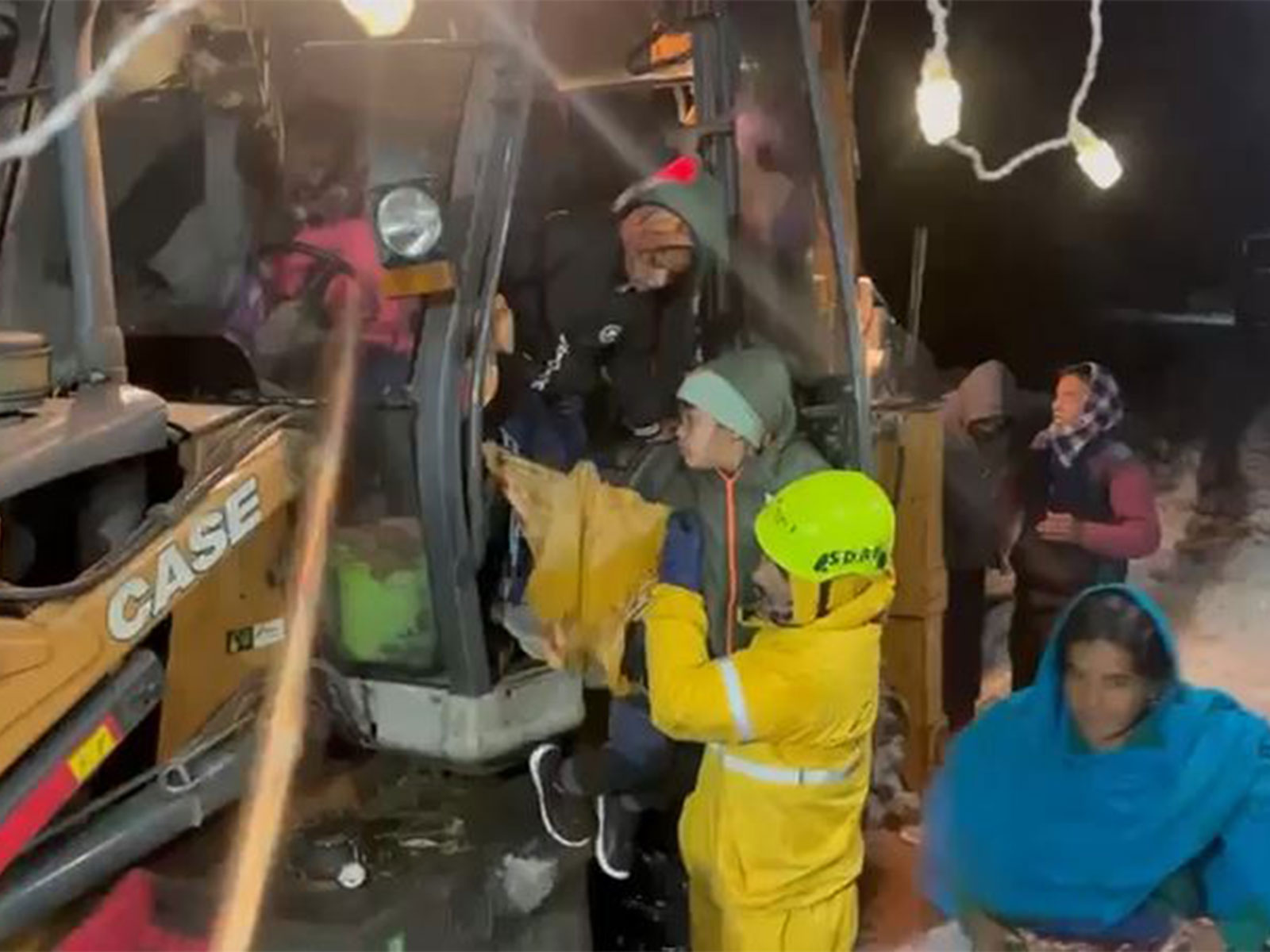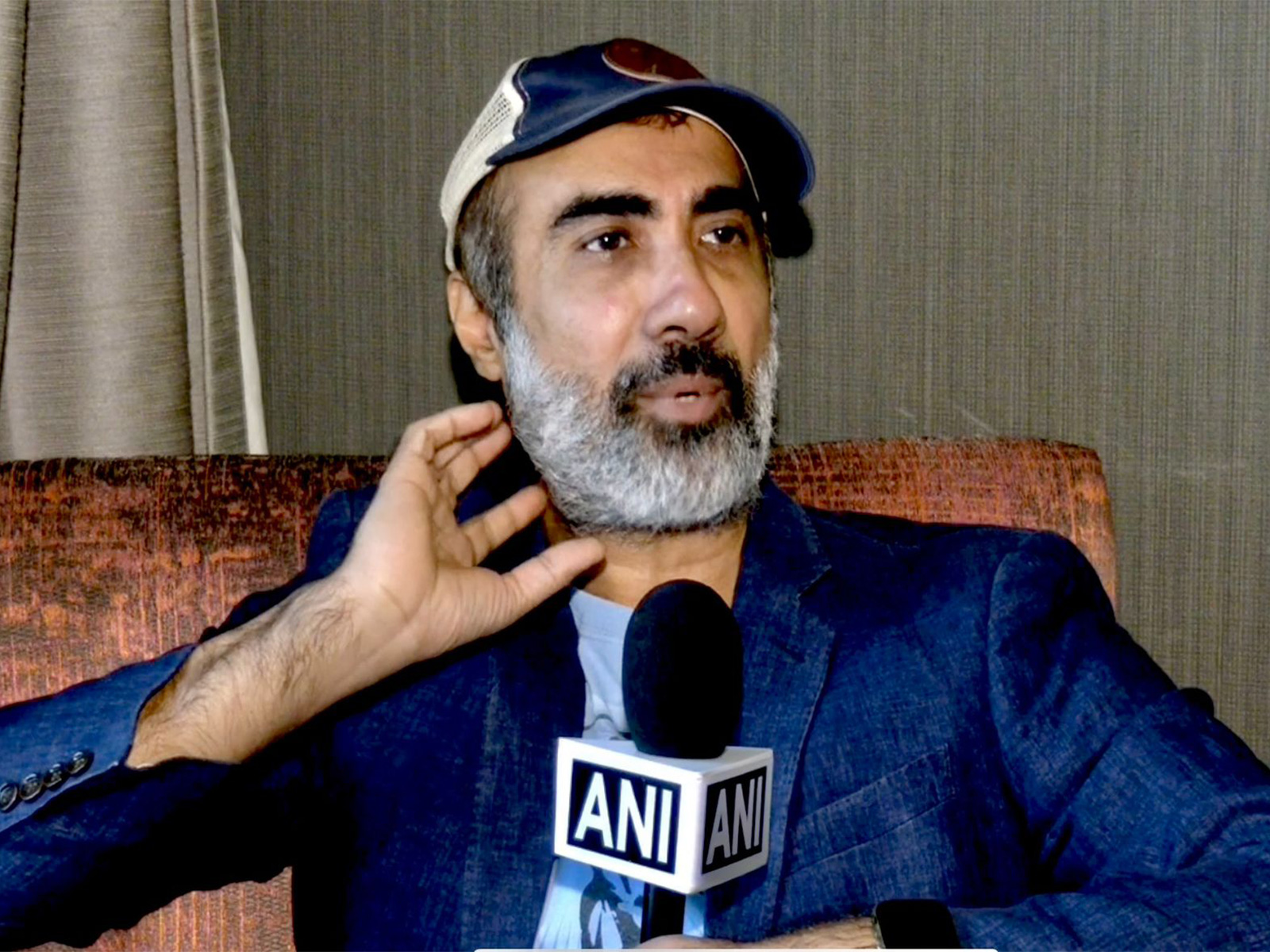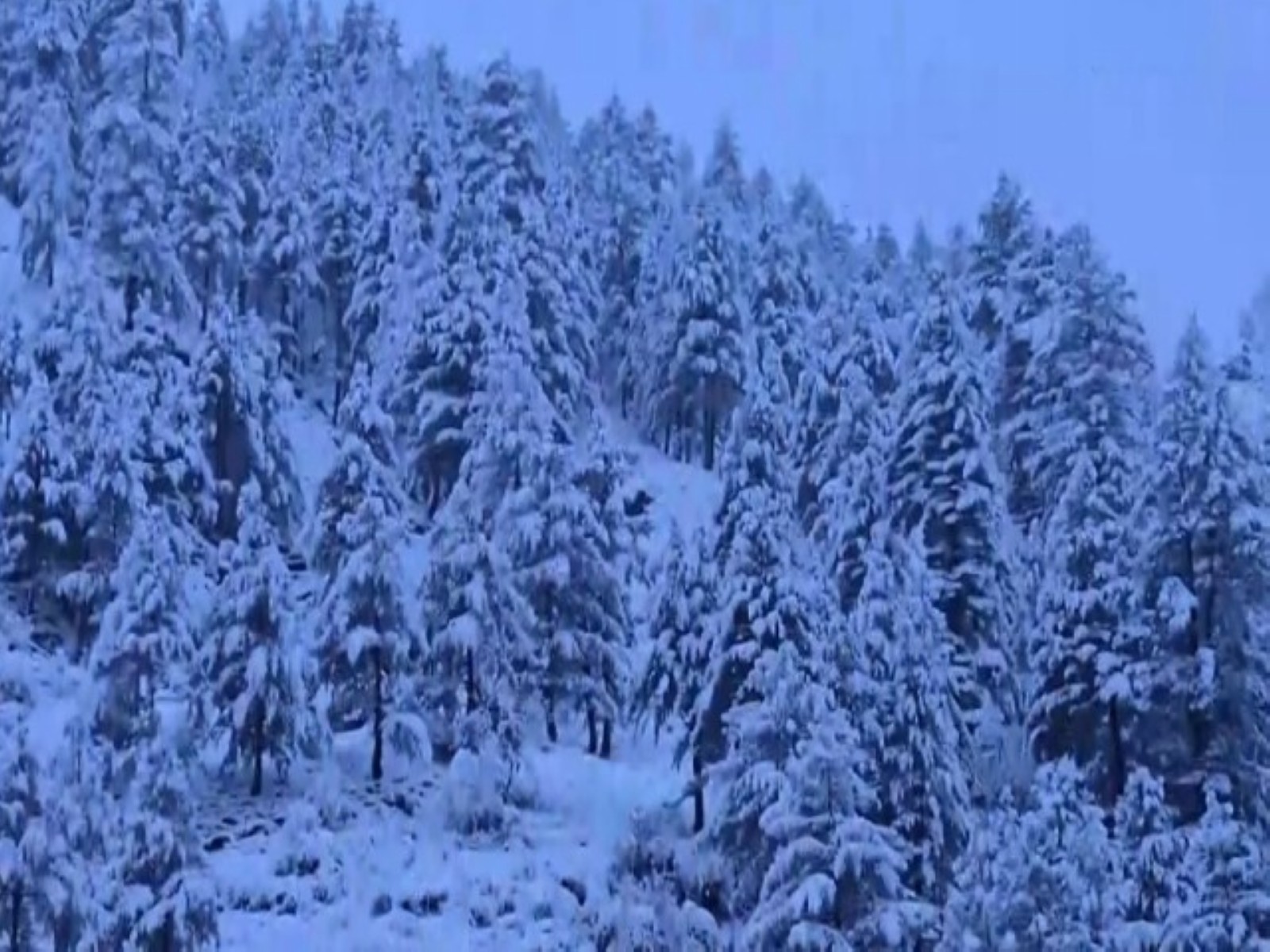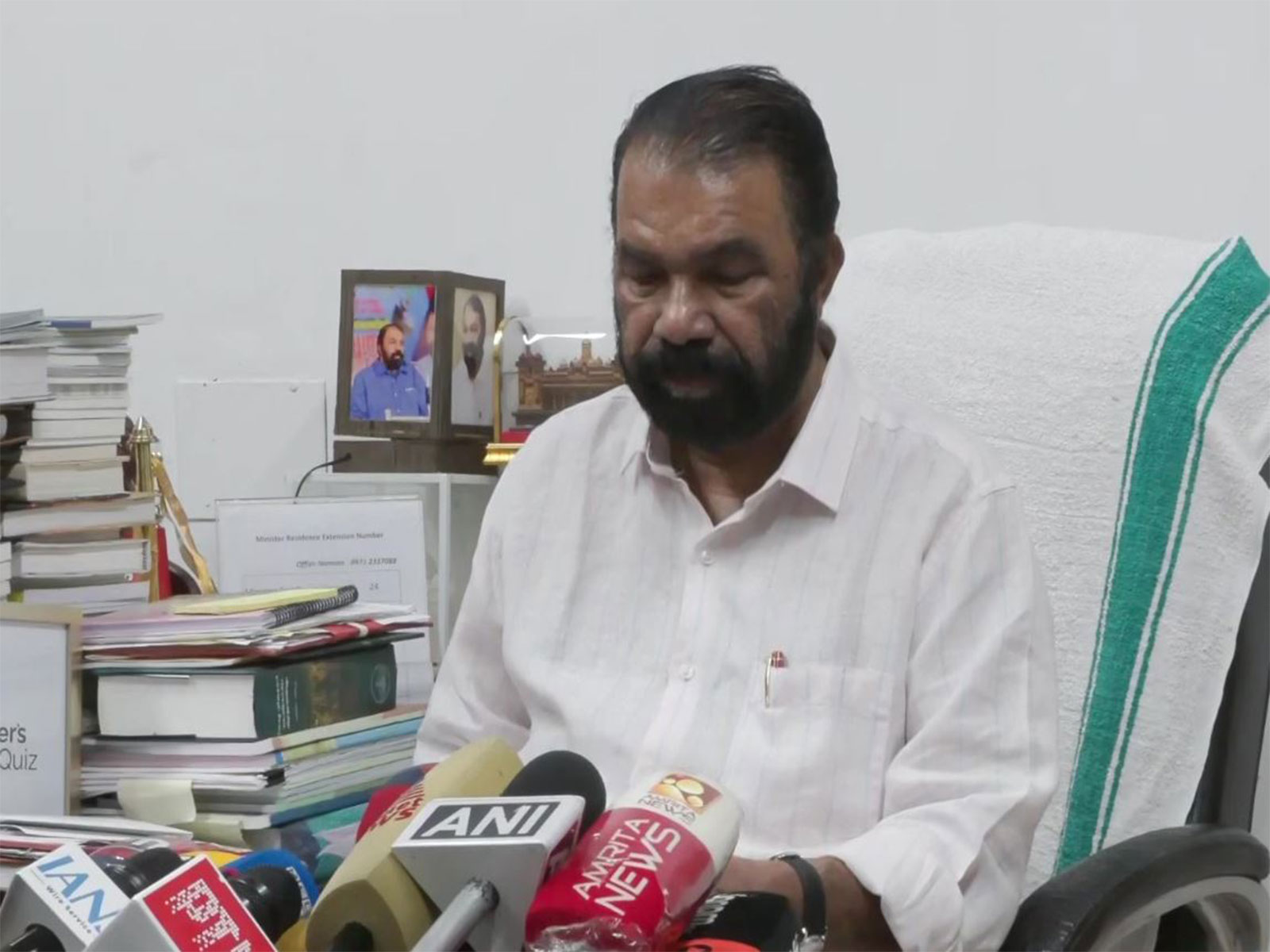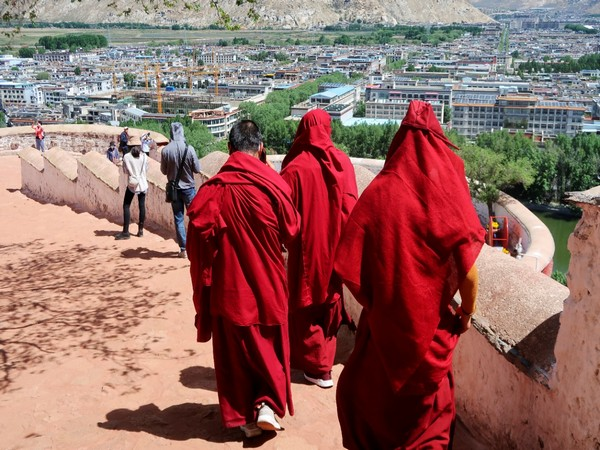
China tightens crackdown in Tibet on Dalai Lama's 90th birthday; bans rituals, arrests Tibetans
Aug 18, 2025
Dharamshala (Himachal Pradesh) [India], August 18 : Chinese officials allegedly increased security measures throughout Tibet in connection with the 90th birthday of His Holiness the Dalai Lama, enhancing surveillance, monitoring the daily lives and communications of Tibetans, especially those in exile and executing arrests in various parts of the region, according to the Central Tibetan Administration (CTA) as reported by Phayul.
A significant police presence was established at Karze Monastery, effectively restricting monks and nuns to the monastery grounds and preventing them from participating in any public or community celebrations. Officials also implemented strict regulations forbidding households from engaging in Sangsol rituals, which involve offering incense and burning juniper.
In Drakgo County, Karze, an official announcement was made prohibiting all public gatherings until July 23. Meanwhile, several Tibetans were apprehended and held in Ba Zong and Siling (Ch. Xining) within the traditional Amdo province, with some being detained in county-level state security facilities. Families of those arrested reportedly received no information about their location or condition, according to Phayul.
In July 2025, Chinese authorities initiated a forceful crackdown that commenced on July 13, focusing on Ngaba Kirti Monastery in Ngaba County, Taktsang Lhamo Kirti Monastery in Dzoge County, and Gyalrong Tsodun Kirti Monastery in Barkham County, implementing sweeping new restrictions. Officials allegedly ordered monks to eliminate all photographs, writings, and documents associated with the 11th Kirti Rinpoche, Lobsang Tenzin Jigme Yeshe Gyamtso Rinpoche, who is currently living in exile in Dharamshala.
Authorities cautioned that any monastery found with such materials would face charges of "political crimes," a serious accusation in China often leveraged to justify harsh penalties, including lengthy prison terms. The directive also applied to the residences of monks and local Tibetans, banning the retention or display of images of the esteemed spiritual leader in their quarters and homes, as reported by Phayul.
The Chinese authorities disbanded the Buddhist Educational Administration Committee, a crucial body overseeing philosophical education at the four main Kirti monasteries, accusing it of having ties to the exiled Tibetan spiritual figure, Kirti Rinpoche.
In the months leading up to His Holiness the Dalai Lama's birthday, authorities imposed stricter regulations across Tibetan regions in Qinghai Province. Tibetans arriving from abroad were not allowed access to monasteries or to pay their respects, with no official explanation provided.
In Yadzi (Ch. Xunhua), Tsoshar Prefecture, located in Tibet's Amdo region, monasteries were directed to restrict gatherings to no more than five monks. Approximately 200 Tibetans were interrogated regarding suspected ties to birthday celebrations for His Holiness. Furthermore, monks and nuns in numerous prominent Tibetan monasteries were barred from hosting large prayer ceremonies or assemblies, as noted in the Phayul report.
In Kangtsa (Ch. Gangcha) County, Tsojang (Ch. Haibei) Prefecture in Amdo, Chinese authorities heightened scrutiny on Tibetans celebrating personal birthdays during the year of the Dalai Lama's 90th birthday. Security personnel carried out identity card checks and instructed residents to submit photographs of their private birthday celebrations to local public security offices.
On July 25, 2025, two Tibetans were taken into custody in Chentsa (Ch. Jianza) County, Malho Prefecture in Amdo. No reasons were provided for these arrests, and the status and whereabouts of the detainees remain unclear, raising concerns over their safety and well-being.
In Lhasa, the Tibetan capital, and throughout the so-called Tibet Autonomous Region, including Maldrogungkar, a significant presence of armed security forces was noted across the area. In Maldrogungkar, Chinese officials allegedly imposed a ban on the Sangsol ritual, according to Phayul.
"This year's intensified measures are part of a broader pattern of China's control over religious life in Tibet, particularly during culturally and spiritually significant dates. It is also a calculated move to cut ties between Tibetans with His Holiness the Dalai Lama with the use of threats and punishments. The ongoing restrictions are emblematic of the PRC's systematic violation of the International human rights laws, including Universal Declaration of Human Rights and the International Covenant on Civil and Political Rights, as well as its Constitution, that at least on paper, safeguard the right to freely practice one's religion without government's interference," the CTA stated, as quoted by Phayul.
